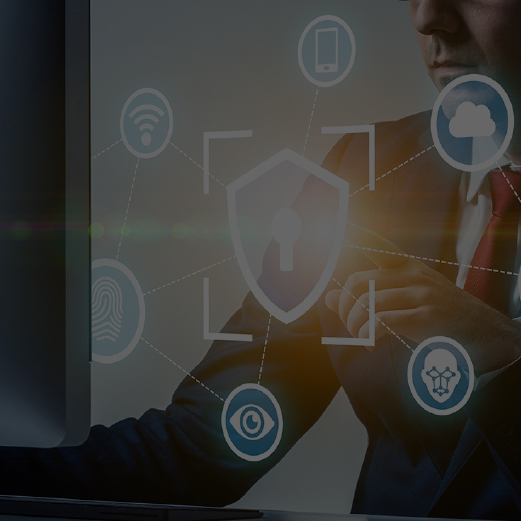CCISO VS CISSP
What next after CISSP? Created by (ISC)2, the CISSP certification has been the leading training program for and validation of IT security management skills since its inception all the way back in 1994. To date there are over 180,000 CISSPs around the world, and that number is growing all the time. It’s hard to overestimate…
Read article










